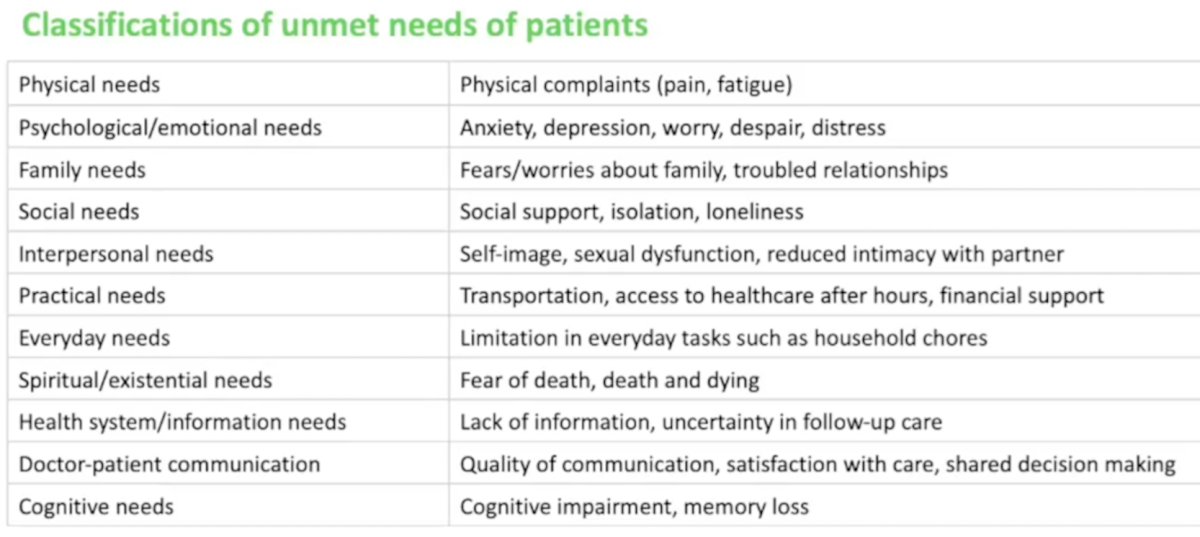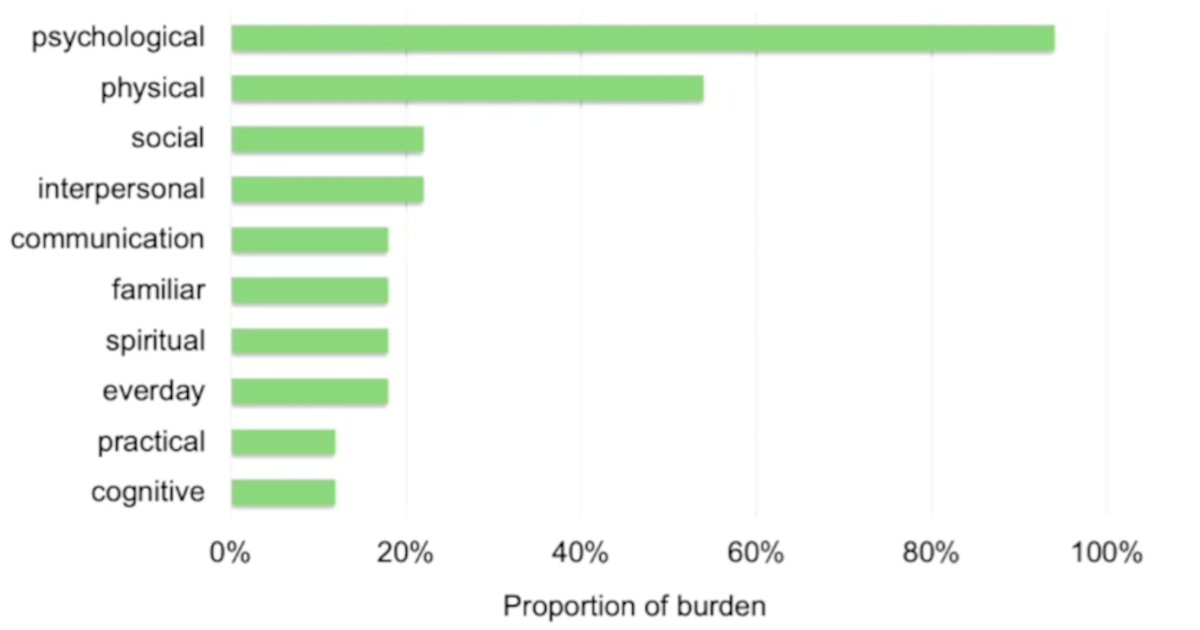(UroToday.com) The 2022 International Kidney Cancer Symposium (IKCS) European Annual meeting included a session addressing non-clinical considerations for caring for the whole kidney cancer patient and a presentation by Dr. Desiree Louise Draeger discussing the psychosocial implications of kidney cancer. Dr. Draeger notes that kidney cancer is the 14th most common tumor entity, with an increasing global health burden: in 1990 – 207,000 new cases; in 2020 - >400,000 new cases. Approximately 3/4 of tumors are stage T1/T2, yet there is a wide variability in clinical manifestations and increasing treatment complexity. Furthermore, clinical management depends on age, comorbidities, and patient preference.
Unfortunately, the psychosocial implications of kidney cancer are not mentioned in organ-specific guidelines, such as the AUA, EAU, and NICE. Currently, the only recommendations are in the German organ-specific guidelines (DGU), with the following recommendations:
- Patients and their relatives should have needs-based access to healthcare throughout the course of their illness, adequate treatment information, and enlightening talks with their health-care provider
- Clinicians should have a low threshold to offer psychosocial counseling, and accompaniment and treatment should be given to all those affected (as well as their relatives) in every phase of the disease, including long-term follow-up
- During the entire course of the disease, the psychosocial condition of the patient should be recorded and discussed regularly
As follows is a classification of unmet needs among kidney cancer patients:

Dr. Draeger then highlighted unpublished work from her group, specifically a systematic review encompassing 4,210 patients among 15 studies assessing psychosocial stress among RCC patients, noting that the psychological burden of disease was the most notable factor among kidney cancer survivors:

However, Dr. Draeger notes that it is important to highlight several limitations of this systematic review, including the low evidence level of the included studies, heterogeneity in study designs, use (or not) of validated questionnaires, and noting that many of these studies were only cross-sectional studies lacking long-term follow-up. Thus, she emphasized that we as researchers need to design better studies with consistent reporting/outcomes in order to give patients an appropriate voice in their survivorship care.
Dr. Draeger concluded her presentation by discussing the psychosocial implications of kidney cancer with the following take-home summary points:
- There is a huge, complex, and variable spectrum of needs for kidney cancer survivors that is primarily psychological and physical
- In order to identify these needs, we as clinicians need to take a holistic, patient-oriented approach to treatment
- There is a significant unmet research need, which should incorporate specific stages of disease, treatment, and patient demographics
Presented By: Desiree Louise Draeger, MD, Department of Urology, Medical Center of University of Rostock, Rostock, Germany
Written By: Zachary Klaassen, MD, MSc – Urologic Oncologist, Assistant Professor of Urology, Georgia Cancer Center, Augusta University/Medical College of Georgia, @zklaassen_md on Twitter during the 2022 International Kidney Cancer Symposium (IKCS) Europe Annual Hybrid Meeting, Antwerp, Belgium, Fri, Apr 22 – Sun, Apr 24, 2022.


